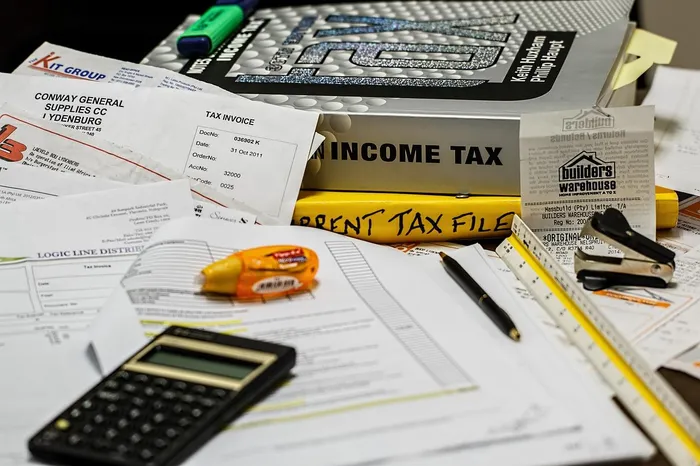Sars' R4 billion debt collection drive: what taxpayers must know

Discover how Sars' R4 billion investment in debt collection will impact taxpayers and what steps you should take to ensure compliance.
Image: Pixabay
Finance Minister Enoch Godongwana’s latest budget speech made a headline announcement that should prompt immediate attention from all of us as taxpayers: Sars has been allocated R4 billion to fund an aggressive debt collection strategy. This will see over 1,000 dedicated debt collectors is hired by the organisation as it simultaneously ramps up its use of data analytics and AI to pursue outstanding tax debt. The goal? Recover an estimated R50 billion in unpaid taxes annually.
This latest news from Sars is not a subtle shift. It marks a new chapter in Sars’ approach to enforcement: one that brings the risk of non-compliance into sharp focus for all of us from both an individual and business perspective.
Welcome to a new era of tax enforcement
Sars’ modernisation efforts over the past few years are already yielding results. With better data integration across financial institutions, payroll, and supply chains, the organisation is better equipped than ever to detect discrepancies and pursue unpaid amounts.
What this latest funding injection does is turn capability into capacity; however, it effectively creates an “army” with both the tools and the personnel to act swiftly and systematically.
The key takeaway? If you owe Sars money, you are now far more likely to hear from them – and sooner than you may expect.
What does this mean for you
While large-scale corporate tax evasion receives a lot of airtime in the media, the reality is that a substantial portion of Sars’ recoverable revenue lies with small businesses, high-income individuals, and those who’ve fallen behind on returns or underpaid over time. In this context, there are significant implications:
- Increased enforcement activity: More staff means more audits, more follow-ups, and faster escalation from letters of demand to legal action. This is something we’re already seeing in the context of our own clients.
- Tighter timelines for response: Taxpayers now have less leeway to delay or negotiate once formal recovery action is underway. This makes responsiveness key in terms of submissions, queries, and communication.
- Heightened personal risk: Directors of companies with outstanding PAYE or VAT may be held personally liable under the right conditions.
On a practical note…
The process has already started. If you’ve already received a communication from Sars:
- Don’t ignore it
- Procrastination is no longer a viable strategy. Early engagement often leads to better outcomes, whether through payment plans or negotiated settlements. If someone external is assisting with this, it’s your responsibility to make sure they’re “on it” and taking action.
- Understand your actual liability
- Not all Sars estimates are accurate. It’s important to verify whether the amounts owed are legitimate and whether any compliance issues, such as missing submissions, are contributing to inflated figures. Again, any external party assisting needs to take you through this clearly and accurately. You need to know what you owe.
- Get help
- Tax negotiations with Sars, particularly regarding debt collection, require an expert understanding of the tax administration process, legal framework, and your rights as a taxpayer. You’re not an expert in this space – rather, get one with experience and a proven track record.
What next?
Even though we’re already well into the 2025/2026 financial year, we should expect to see a far more assertive Sars, with the means and mandate to enforce compliance at scale. For taxpayers and companies with unresolved debt, the message is clear: take action. The consequences of waiting could soon outweigh the discomfort of acting now.
* Dlamini is the founder and director at Leverage.
PERSONAL FINANCE